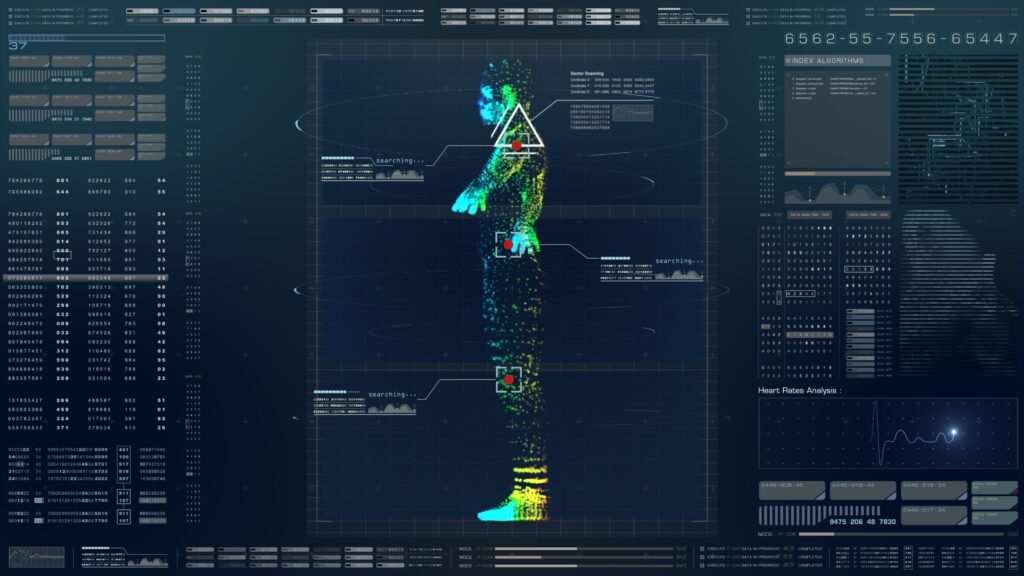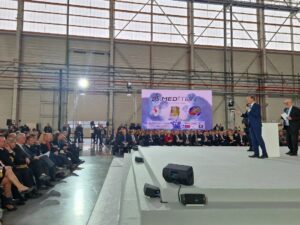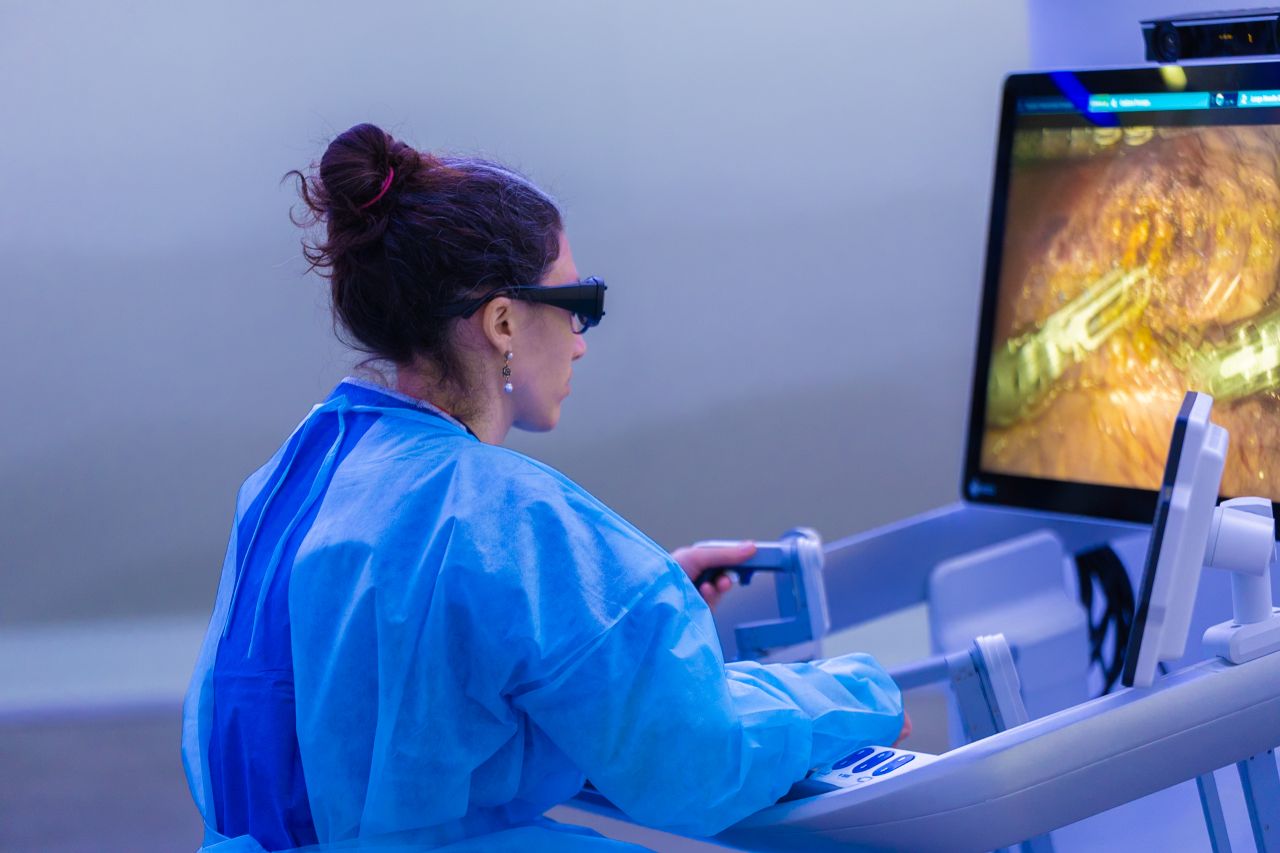Digital twins: from the Boeing 777 to the human body, a technological revolution for healthcare


Originally designed to create virtual models of aircraft, digital twin models have since evolved into much broader applications, particularly in the healthcare sector. Today, Dassault Systèmes, a major player in 3D design and product lifecycle management, uses this technology to innovate in the pharmaceutical and medical fields.
With over 45 million users across 12 industries, Dassault Systèmes places the digital twin at the heart of the transformations underway in life sciences. The company collaborates with the largest pharmaceutical and biotechnology laboratories, as well as public health organizations, to exploit the capabilities of digital twins to improve products, processes and patient care.
One of the main innovations is the design of four types of digital twins: the patient, product, process and factory twins. This approach makes it possible to create a complete and integrated ecosystem, ranging from drug design to personalized patient care.
For example, Novo Nordisk, a leader in diabetes treatment, has adopted the Dassault Systèmes 3D EXPERIENCE platform to optimize the design of its insulin pens. Thanks to a digital twin of the product, the company has been able to detect design flaws, eliminate silos between design and testing departments, and significantly reduce production costs and time. This process guarantees continuous improvement of medical devices, enabling better patient care.
In the context of the process and the factory, the example of Sanofi illustrates the ability of digital twins to accelerate manufacturing processes and make them more flexible. Thanks to a digital twin of their vaccine production plant, Sanofi has been able to rationalize the layout of its facilities, reduce production times from several months to a few days, and achieve environmental sustainability goals by dividing the plant’s carbon footprint by four.

At CES 2018, Dassault Systèmes is presenting experiences, from healthcare to smart cities, with its 3DEXPERIENCE platform, a driver of societal innovation.
The most promising transformation of digital twins concerns patient integration. The concept of the “Patient Virtual Twin”, developed in partnership with the Food and Drug Administration (FDA), consists of creating precise and personalized digital models of human organs, such as the heart. These models not only reproduce the mechanical and electrical characteristics of the organs, but also make it possible to anticipate pathological developments, based on medical data.
This approach offers revolutionary prospects in predictive and preventive medicine, particularly in the absence of patient data, a major challenge for healthcare professionals. Thanks to simulations based on virtual cohorts, it is becoming possible to anticipate therapeutic needs and to test treatments in an accelerated manner. This project, which has already proven its effectiveness in clinical trials such as those conducted for the Moderna vaccine, opens up new avenues for improving clinical outcomes while reducing treatment development times.
The Meditwin program embodies Dassault Systèmes’ ambition to model all the organs and systems of the human body. This approach aims to extend the concept of the digital twin, currently mainly applied to the heart, to other organs and pathologies. The objective is to create a platform to simulate and optimize the treatment of complex diseases, by combining real and virtual data.
Meditwin offers simulation prospects in fields as varied as cardiology, oncology and neurodegenerative diseases, giving researchers and clinicians access to accurate and scalable virtual models. By facilitating experimentation and the personalization of care, this technology promises to transform the therapeutic approach and enhance the effectiveness of treatments.

Launch of the MEDITWIN project, a virtual twin for medical care, announced on December 11, 2023 in the presence of the President of the Republic and Bruno Bonnell as part of France 2030.
By making it a point of honor to integrate sustainable development objectives into its projects, particularly through the reduction of the carbon footprint of industrial processes and the promotion of equitable access to healthcare, Dassault Systèmes is committed to sustainable innovation. By connecting the virtual and real worlds, digital twins make it possible to design medical solutions that are more accessible, safer, and more respectful of the environment.
Digital twin technology is emerging as an essential component of the digital transformation in healthcare. For decision-makers in the sector, it is crucial to anticipate and understand the implications of these innovations. The ITN, at the cutting edge of research and development in this field, offers strategic support for those who wish to take advantage of these technologies to improve the performance of healthcare and health systems.
The adoption of digital twins offers unprecedented opportunities to rethink care models, optimize industrial processes and guarantee better accessibility to medical innovations, while respecting sustainability imperatives.
Created in March 2024, the ITN of Mines Paris – PSL is positioning itself as a central player in the digital transition, mobilizing the expertise of its 18 research centers. With strategic focuses such as digital health, digital engineering and cultural industries, the ITN brings together knowledge to meet the economic, social and technological challenges of our time. Driven by a responsible and collaborative approach, it aims to accelerate innovation and guide public and private actors in this transformation.
The Digital Health seminar brought together researchers, industrialists and decision-makers to discuss the major issues surrounding the digitization of healthcare. In a world where technological advances are redefining medical practices, digital health is emerging as a lever for responding to the current and future challenges of the healthcare system. The ITN is exploring these transformations through various themes: the reinvention of hospital infrastructures, the development of digital twins for precision medicine and the integration of artificial intelligence at all levels of healthcare. These issues are not limited to technological innovation; they also question the social, economic and ethical dimensions of connected and intelligent medicine, paving the way for more personalized, accessible and predictive care.

Le numérique et l’intelligence artificielle redéfinissent progressivement le paysage des soins de santé, offrant de nouvelles perspectives pour optimi...